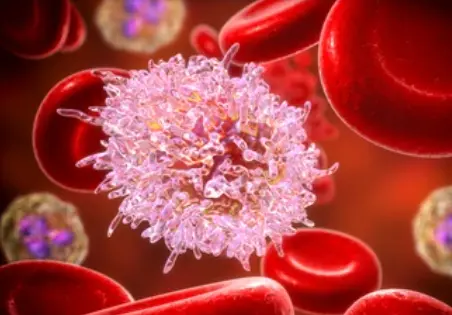 Welcome
Welcome
“May all be happy, may all be healed, may all be at peace and may no one ever suffer."
- A
- B
- C
- D
- E
- F
- G
- H
- I
- J
- K
- L
- M
- N
- O
- P
- Q
- R
- S
- T
- U
- V
- W
- X
- Y
- Z
Tron deficiency anemia - Generics
Iron deficiency anemia is a common type of anemia that occurs when the body does not have enough iron to produce hemoglobin, a protein in red blood cells that carries oxygen throughout the body. Iron deficiency anemia can occur due to a variety of reasons, such as inadequate dietary iron intake, chronic blood loss, and malabsorption of iron.
Causes:
The primary cause of iron deficiency anemia is insufficient intake or absorption of iron. This can be due to a variety of factors, including:
- Inadequate dietary intake of iron
- Blood loss from heavy menstrual periods, gastrointestinal bleeding, or other conditions
- Pregnancy or breastfeeding, which increase iron requirements
- Malabsorption of iron due to certain medical conditions, such as celiac disease or inflammatory bowel disease
Symptoms:
The symptoms of iron deficiency anemia can include:
- Fatigue and weakness
- Pale skin
- Shortness of breath
- Headaches
- Dizziness or lightheadedness
- Cold hands and feet
- Chest pain
- Brittle nails
- Pica, or cravings for non-food items like ice or dirt
Diagnosis:
Iron deficiency anemia is typically diagnosed through blood tests, including a complete blood count (CBC) and tests to measure iron levels and ferritin, a protein that stores iron in the body.
Treatment:
The treatment for iron deficiency anemia typically involves increasing the body's iron stores through dietary changes and iron supplementation. Iron-rich foods include red meat, poultry, fish, beans, lentils, spinach, and fortified cereals. Iron supplements can also be taken in the form of pills, liquids, or injections.
In some cases, treatment may also involve identifying and treating the underlying cause of the anemia, such as treating a gastrointestinal disorder that causes chronic blood loss.
Prevention:
The best way to prevent iron deficiency anemia is to maintain a healthy, balanced diet that includes plenty of iron-rich foods. For individuals with increased iron requirements, such as pregnant women or those with heavy menstrual bleeding, iron supplements may be recommended.
In conclusion, iron deficiency anemia is a common condition that can occur due to a variety of reasons. Symptoms can include fatigue, pale skin, and shortness of breath, and the condition is typically diagnosed through blood tests. Treatment involves increasing the body's iron stores through dietary changes and iron supplementation, and preventing iron deficiency anemia involves maintaining a healthy, balanced diet.

Nongonococcal cervicitis

Myocardial infarction

Hepatic amoebiasis

Preserve blood specimens

Supraventricular and vent...

Keratitis disciformis

Scabies

Chronic lymphocytic leuke...
Tron deficiency anemia, ট্রনের ঘাটতিজনিত রক্তাল্পতা
To be happy, beautiful, healthy, wealthy, hale and long-lived stay with DM3S.